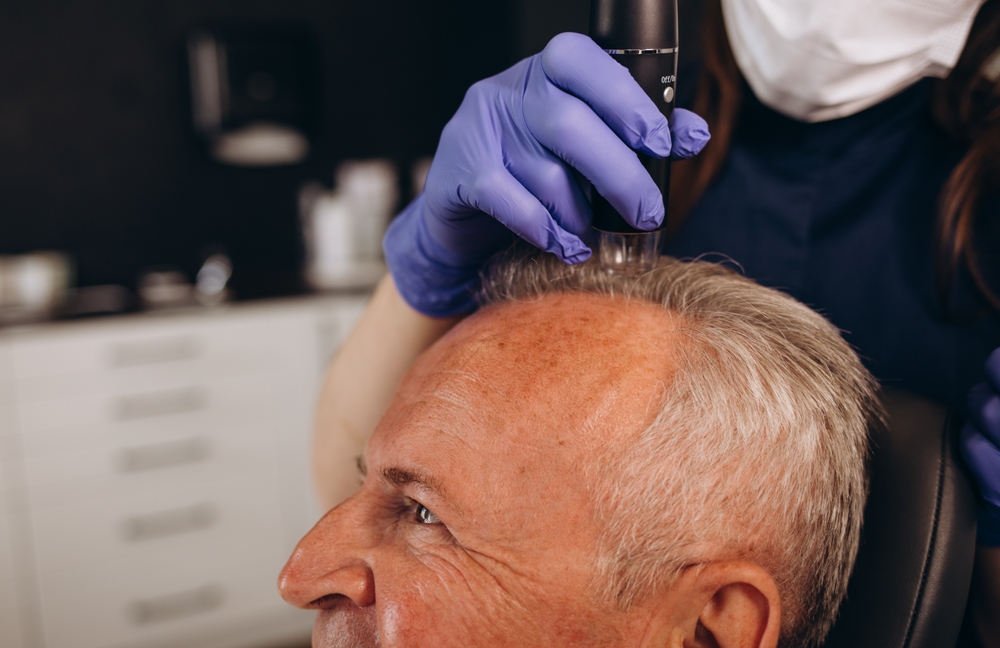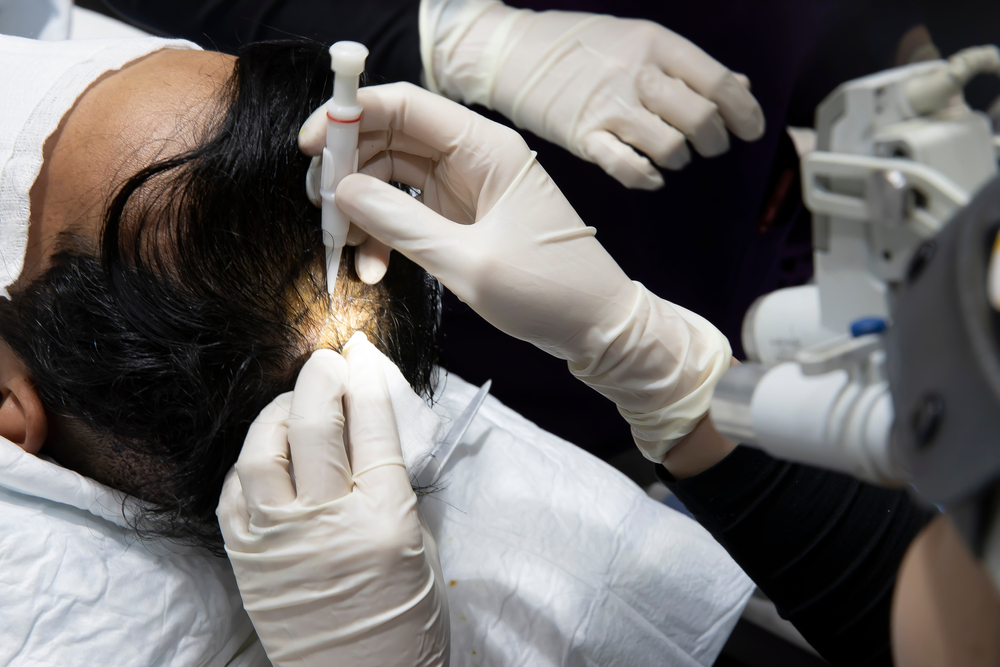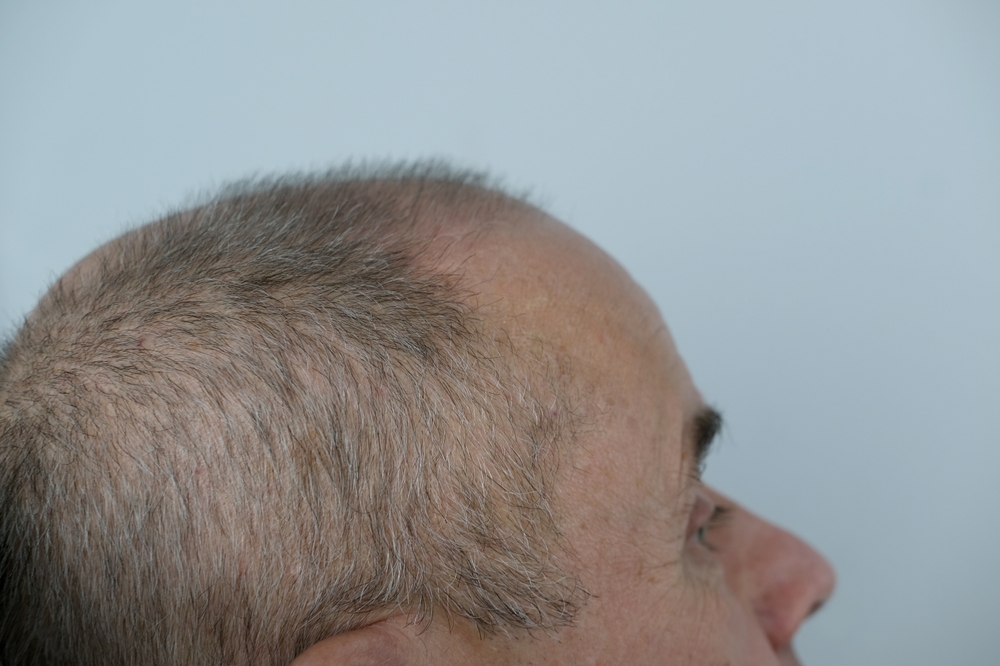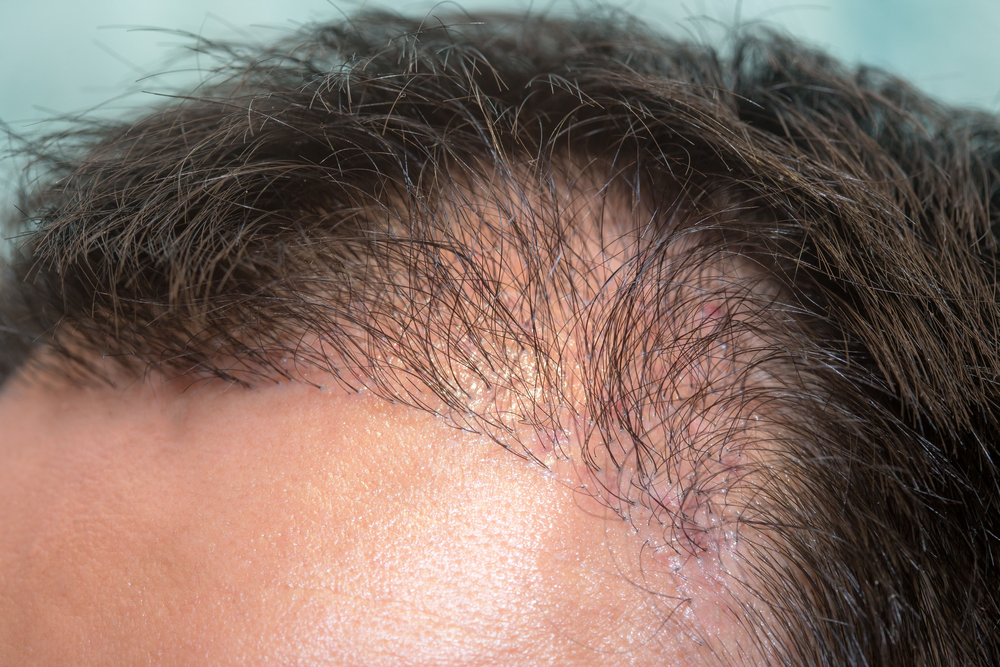Age alone is not the only factor to be considered when assessing eligibility for a hair transplant. Several factors should be taken into account, such as the individual’s overall health, the extent of hair loss, the quality and availability of donor hair, and the patient’s realistic expectations.
Although age can be a factor, it is not necessarily a barrier to getting a hair transplant. People in their 60s and 70s have successfully undergone hair transplant procedures.
Please keep in mind the following points, as they are important…
1. Health – The patient’s overall health is a crucial factor. They should be in good general health to undergo surgery and anesthesia safely. The medical professional will evaluate their medical history and conduct a physical examination to determine their eligibility.
2. Extent of hair loss – The extent of hair loss and the availability of donor hair are essential factors. If donor hair is insufficient or if the hair loss is too advanced, a hair transplant may not be a viable option.
3. Realistic expectations – The patient has realistic expectations about the outcome of the procedure. Hair transplants can improve the appearance of thinning or balding areas, but they may not provide the same density and coverage as a full head of natural hair.
4. Consultation with a specialist – The best way to determine if a patient is a suitable candidate for a hair transplant is to consult with a qualified hair transplant surgeon or specialist. They will evaluate the patient’s individual case, discuss their goals, and provide recommendations based on their assessment.
Age is just one factor in the assessment process, and many older individuals have successfully undergone hair transplants with satisfying results. Consult a medical professional and conduct a thorough evaluation before making any decisions. This approach ensures that you receive the best possible care and treatment tailored to your specific needs.





